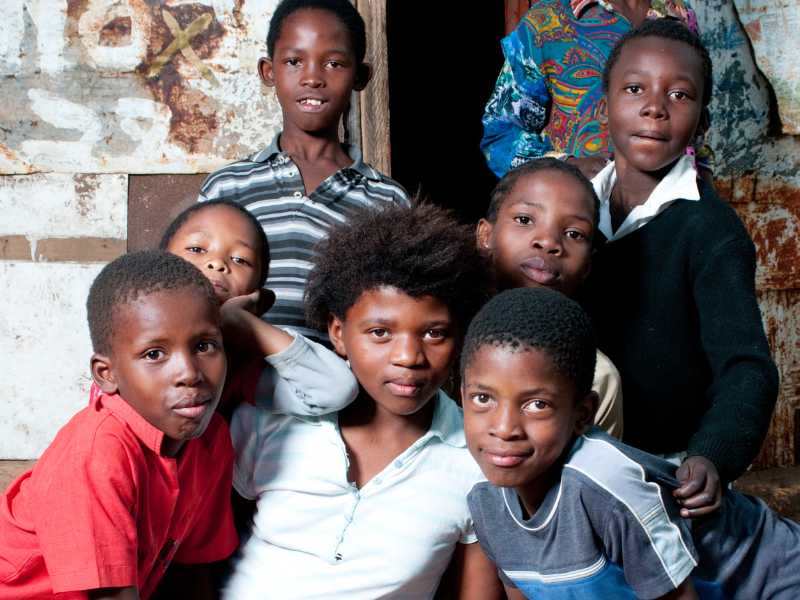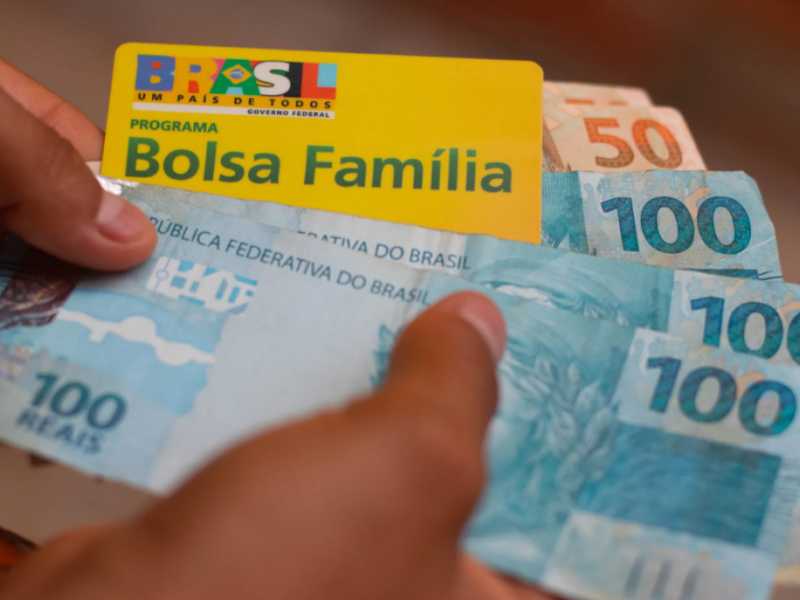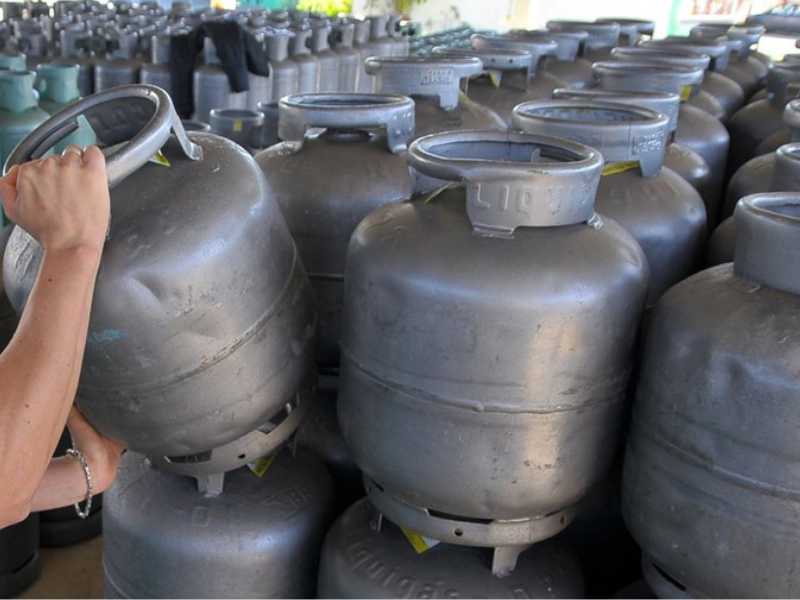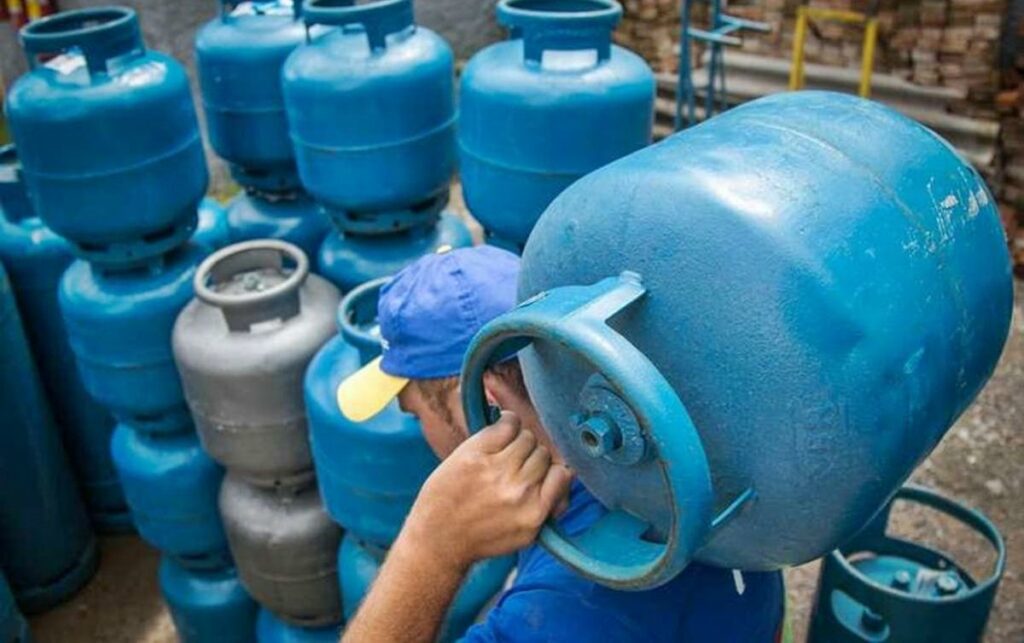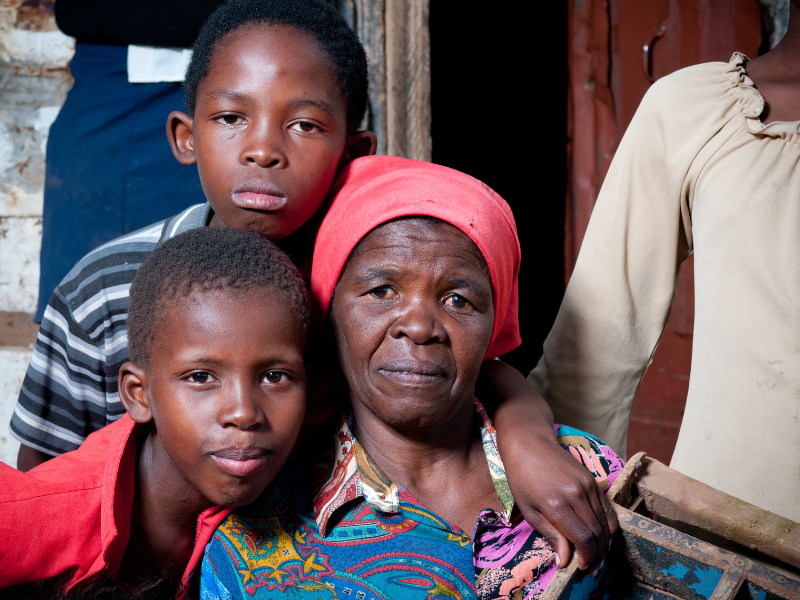Advertisements
In recent times, a significant increase in scams involving fake advertisements about the “Desenrola Brasil” program has worried many Brazilians. These scams, usually broadcast on social media platforms and advertising websites, promise benefits and advantages that do not exist, aiming to deceive and extract money or personal information from victims.
Therefore, given this scenario, it is crucial to be well informed and adopt precautionary measures to avoid falling into these traps.
See more: Government could fine Facebook R$9.3 million for THIS reason
Advertisements
Question the authenticity of offers on Desenrola Brasil
The first line of defense is healthy skepticism. Always question the authenticity of offers that seem too good to be true. This is because scammers often use urgency and exclusivity as tactics to pressure victims into acting quickly and without thinking.
Therefore, it is essential to research and verify the veracity of information before taking any action, especially if it involves sharing personal or financial data.
Advertisements
Identifying fake ads
To identify fake ads about “Desenrola Brasil,” be on the lookout for warning signs. Grammatical errors, poorly designed logos, and suspicious URLs are common signs of fraud. Additionally, ads that ask for advance payment or detailed personal information, such as social security numbers or bank details, should be immediately considered suspicious.
Always check the source of the ad, preferably by accessing the official website of the program or by contacting the organizers directly to confirm the validity of the offer.
Safe online practices
In addition to identifying fake ads, adopt safe practices when browsing the internet. Use antivirus software and keep it up to date. Be cautious when clicking on links in emails or messages, even if they appear to come from trustworthy sources.
Configure your privacy settings on social media to avoid sharing personal information with strangers. Finally, always report suspicious ads to the platforms where they appear, contributing to the online safety of the community.
Image: gpointstudio on Freepik






